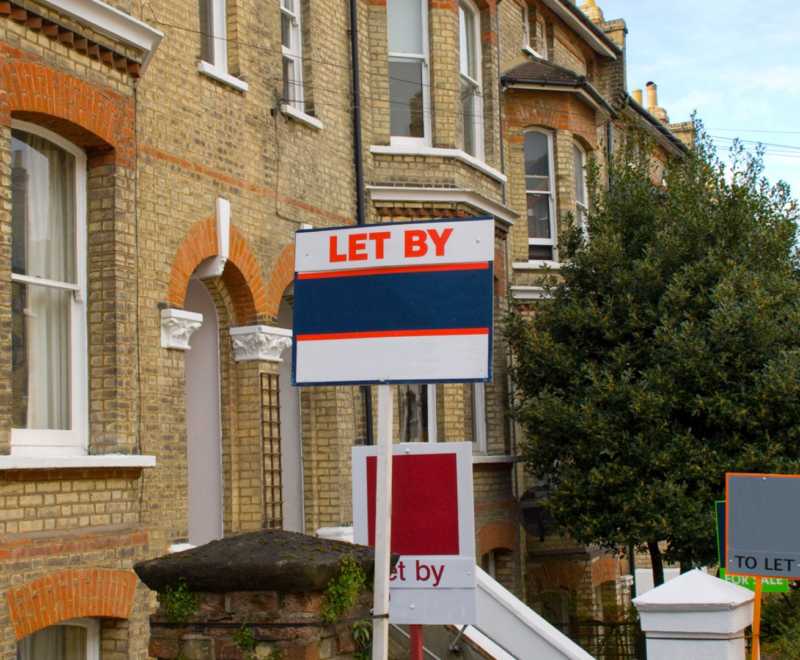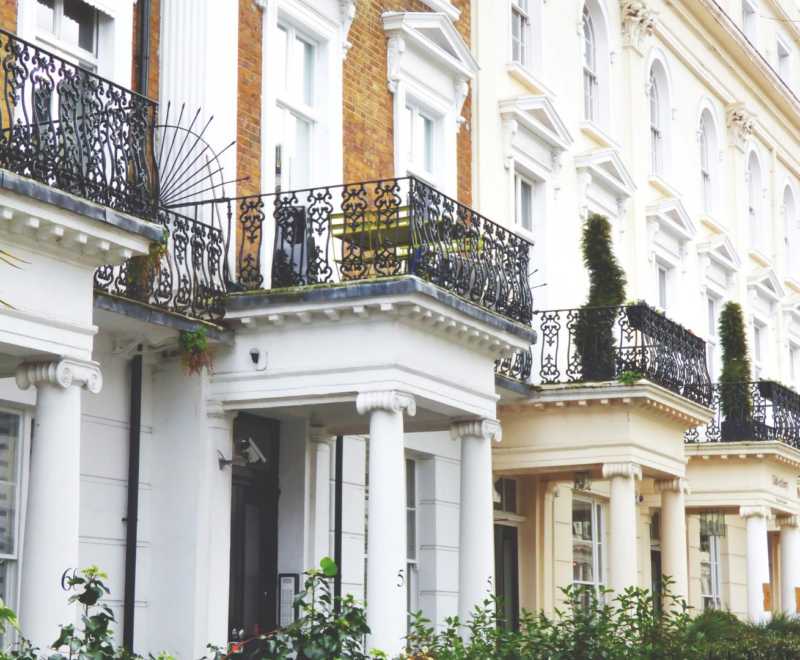Reserve price is the minimum amount that the owner of a property up for auction will accept as the winning bid in the auction.
Reserve prices are intended to protect the owner of an auctioned property from an unfavourable outcome. Auction bidders dislike reserve prices because they reduce the possibility of winning the auction at a low price and they create uncertainty as to the minimum price that must be paid to win the auction. Setting a reserve price correctly in the property market involves finding the perfect line between ensuring the reserve is high enough to guarantee you a comfortable amount if reached and low enough that it will not be prohibitive to encouraging bidding on the day.

What exactly does a reserve price mean?
The reserve price in the property market is the lowest price the seller is prepared to accept for the property. If the auctioneer is unable to get the starting price or higher, the reserve price gives him a baseline to which he can drop if necessary. If the auctioneer is unable to get the reserve price, the seller may instruct him not to sell the property.
Alternatively, the seller can tell the auctioneer to get as close to the reserve price as possible. In this instance, the auctioneer will announce the house sold subject to owner confirmation, and the owner has a few days in which to decide whether to accept the price. For example, if the reserve price is £250,000 and the highest bid is £215,000, the owner may decide to accept it.

What exactly does an auction start price mean?
The starting price for a property on auction is the price at which the property is listed for selling. Most property auctions begin at a lower starting price in the hopes of raising the final amount through bids. Auction sellers who set their starting price higher than the price they would like to achieve for the sale may be disappointed that their auction doesn’t get the attention they were expecting. The ideal situation is obviously for the price to increase from the starting auction, but this depends on the property market at the time.

What is the guide price at an auction?
Each auction property is offered at a guide price. The guide price is the level where the bidding will commence when the auction starts.
The reserve price, which may be higher than the guide price, is not disclosed and remains confidential between the seller and the auctioneer. Both the guide price and the reserve price can be subject to change up to and including the day of the auction.
Conclusion about the reserve price:
Property auctions are a popular way to buy and sell properties if you know the game rules. The seller of the house (property), have several milestones in mind based on the value they want to get out of the sale. An absolute auction has no reserve prices, while a reserve auction requires the setting of a minimum or reserve price. The reserve price differs from the starting price, which is commonly based on the value the seller hopes to get after the sale.
You may have often heard about SSTC in the property world and wondered what it means. Read our article SSTC meaning and find out what signifies.
If you have any questions or thoughts about guide prices then book an appointment with one of our property experts. Call us on 0800 862 0870 or book a free valuation on your home today.
By









